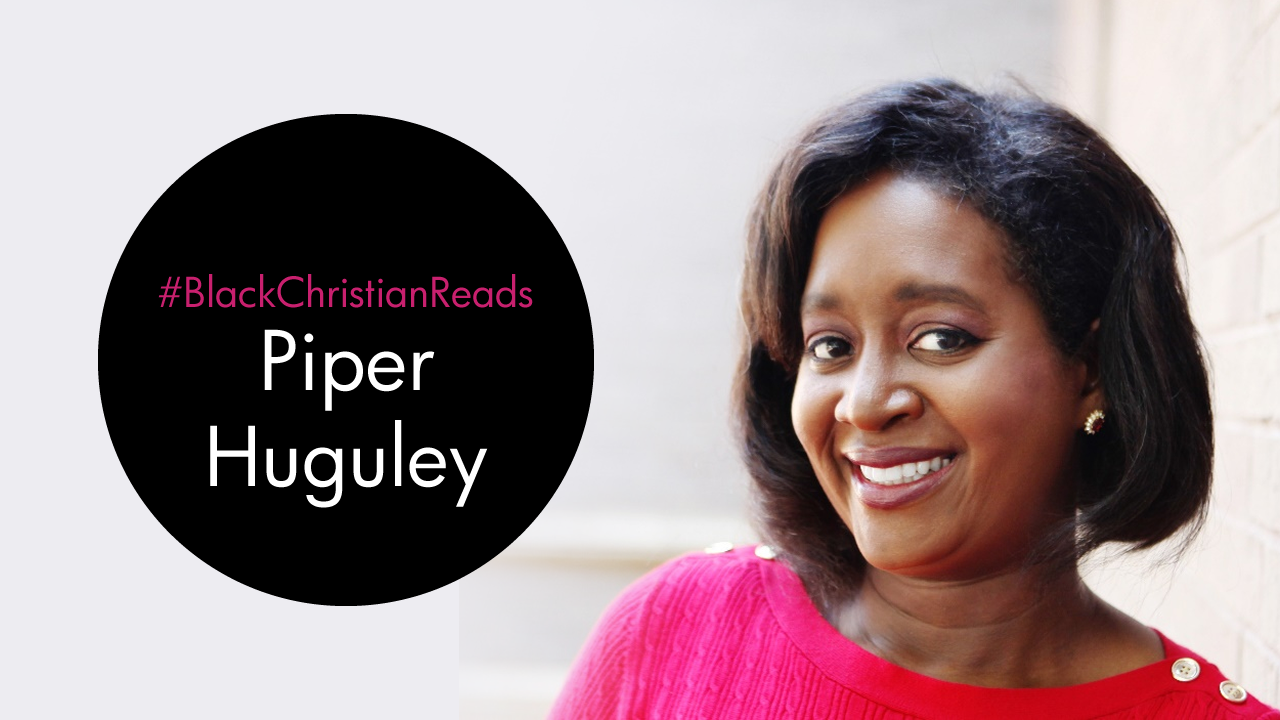By Piper Huguley
 It is said that the most segregated hour in the United States is Sunday at 11 a.m. So when it is time to worship God, Christians in America choose to worship in churches that skew one way or the other racially.
It is said that the most segregated hour in the United States is Sunday at 11 a.m. So when it is time to worship God, Christians in America choose to worship in churches that skew one way or the other racially.
As someone who was raised Presbyterian in a predominately white church, I’m appalled by this continued separation. Unfortunately, this separation continues in other forms of Christian entertainment and in books. When I ran ad this month, some people commented that the numbers on The Preacher’s Promise were high enough for me to “cross over.” What exactly was I crossing over into?
Maybe this separation is just a continuation of how the publishing industry seems to be comfortable in marketing these days. Many of my African American author friends always complain about how they dislike that there is a separate gondola in some bookstores for books with covers and stories featuring African American characters. They feel this separation limits their potential exposure to obtain a wider readership. I see their point. Still, what exactly allows this separation to continue in the Christian entertainment market when we all worship one God? When will we get the point?
I don’t know who is to blame for this structure, and I recognize it is the height of irony to speak from a blog called Black Christian Reads. This is, unfortunately, the current nature of the business. That’s why we ten have had to band together to form Black Christian Reads. So that we may be seen. There are other blogs geared for Christian readers, but they lack diversity in the selection of their membership. That’s why we exist. So, I look forward to playing my part, in some small way, in breaching this continued separation—one way or another. It’s time for this segregation to end.

I sooo agree!!!
Thank you Jackie! I appreciate that you stopped by today!
Piper .. I totally agree. It goes beyond literature. If you look closely there are still schools and neighborhoods that are all AA or Caucasian that still exist. When will it end.
I grew up in an all AA neighborhood, church and school. I have a magazine that cater to AA books because we were excluded from the the literary magazines. This is where we live, but it can change. My children go to diverse schools, we live in a diverse community. Maybe my grandchildren will see the change.
I don’t know Cilla. I hope the new generation teaches everyone a thing or two. Thanks for stopping by!
Totally agree with you! Just made a lengthy post on FB, but thought I’d share here too! As a white person, I don’t intentionally segregate myself, but my world is predominantly white. I once joked with a friend that I needed more black friends, but that seems just as wrong to me- I don’t want to be friends with someone because of the color of their skin or to fill a quota. I just want to have nice people who are my friends, and I don’t really care what color their skin is. Although, if I were to be really honest, I have a fascination with the Grinch, and I totally want a green friend. 🙂 All that to say, I don’t know what the answer is. I’d love to be part of the solution, because the few black friends I have are wonderful people (you included!) and I hate to think of them put in a separate category simply because they have a different skin tone than I do.
It’s everywhere and it is baffling. Further, most of the major world religions are the same way. I’ve noticed that Baha’i and Unitarian Universalism, both of which I tried out on my quest for a fit, are far more integrated than more mainstream faiths. But they represent such a small portion of worshipers worldwide. A friend of mine explains that she prefers to attend a predominantly African American church because, AAs being a statistical minority in the general population, they are necessarily a minority in even a representative congregation. One thing that gives me hope is the dramatic rise in people, particularly in the under 25 sector, who identify as multi-racial. I suspect this reflects not only a rise in interracial relationships, but also a rise in people who have always been mixed but felt compelled to identify as one or the other. I don’t know the answer, but I hope this is a step in the right direction.
So true. And one thing I have noticed in this segregated area is that most of the reads targeting African American women look super sexy and, well, I’m not sure of the correct terminology. Street? I don’t know how to describe. Maybe the term is urban? That’s what’s so refreshing about your writing. You have historical African American characters who are smart and interesting and prehaps that’s why people say you can crossover. Because your books aren’t written for black women. They are the experiences of African American characters written for every woman. And that’s what books should be. Not specifically for black, white, Hispanic or Asian, but for all humans. Nice post and I hope we see the segregation on the shelf end soon.
It’s mind-boggling. It’s like we’re all in the wilderness and nobody will see the Promise Land until all racist generations die out. That is a lot of years.